Market Analysis
In-depth Analysis of Lycopene Market Industry Landscape
The dynamics of the lycopene market are influenced by a multitude of factors that collectively shape its growth, trends, and competitiveness. One primary dynamic is the increasing consumer awareness and interest in health and wellness, driving the demand for lycopene-rich products. As consumers become more conscious of the link between diet and health, there's a growing interest in natural antioxidants like lycopene, known for their potential health benefits, including antioxidant properties and potential disease-preventive effects.
Moreover, the food and beverage industry's inclination towards natural ingredients and clean label products is fueling the integration of lycopene into a variety of food and beverage formulations. Manufacturers are incorporating lycopene into juices, sauces, snacks, and supplements to enhance their nutritional profile and appeal to health-conscious consumers seeking functional foods with added health benefits. This trend is expected to continue driving the growth of the lycopene market in the coming years.
Additionally, the cosmetics and personal care industry is witnessing a surge in demand for lycopene-infused skincare products due to its reputed skin health benefits. Lycopene's antioxidant properties are believed to help protect the skin from environmental damage, UV radiation, and premature aging. As a result, cosmetic companies are incorporating lycopene into skincare formulations such as creams, serums, and sunscreens, capitalizing on consumers' desire for natural and effective skincare solutions.
Furthermore, the pharmaceutical industry's growing interest in lycopene's potential therapeutic applications is driving research and development efforts in this space. Preliminary studies suggest that lycopene may have anti-inflammatory, anticancer, and cardiovascular health benefits, sparking interest in its use as a therapeutic agent for various health conditions. Pharmaceutical companies are exploring lycopene's potential in developing new drugs, supplements, and nutraceuticals, which could further expand the lycopene market's scope and revenue potential.
Moreover, shifting dietary patterns and lifestyles, particularly in urban populations, are influencing the demand for lycopene-rich foods and supplements. With rising concerns about chronic diseases such as cardiovascular diseases, cancer, and diabetes, consumers are seeking dietary interventions that can help mitigate health risks and promote overall well-being. Lycopene's association with reduced risk of certain diseases and its natural occurrence in fruits and vegetables like tomatoes, watermelon, and red peppers make it an attractive dietary component for health-conscious individuals.
Furthermore, technological advancements and innovations in lycopene extraction, purification, and formulation are driving market growth and expanding its applications across various industries. Improved extraction techniques, such as solvent extraction, supercritical fluid extraction, and enzyme-assisted extraction, have enhanced lycopene yields and purity levels, making it more cost-effective and commercially viable for manufacturers. Additionally, advances in encapsulation technologies have enabled the development of stable and bioavailable lycopene formulations for use in dietary supplements and functional foods.
Furthermore, regulatory factors, including food safety regulations and labeling requirements, play a significant role in shaping the lycopene market dynamics. As regulatory agencies worldwide tighten food safety standards and impose stricter labeling requirements, manufacturers must ensure compliance with regulatory guidelines to market lycopene products effectively. Moreover, regulatory approvals and health claims substantiation are essential for gaining consumer trust and acceptance of lycopene-based products, driving investments in research and development and clinical studies to support health claims.


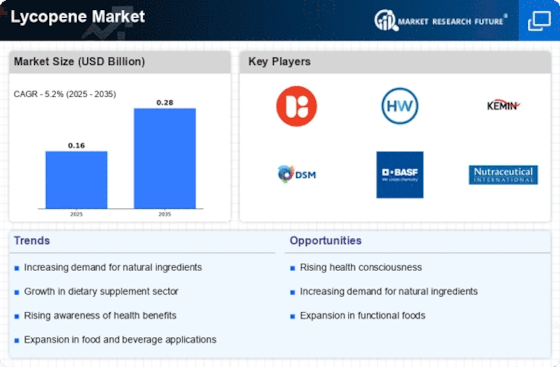

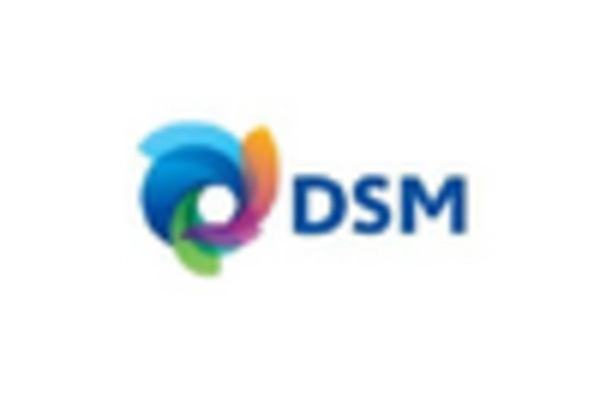

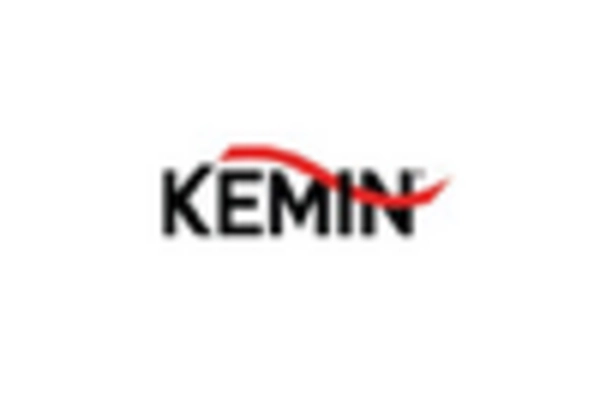
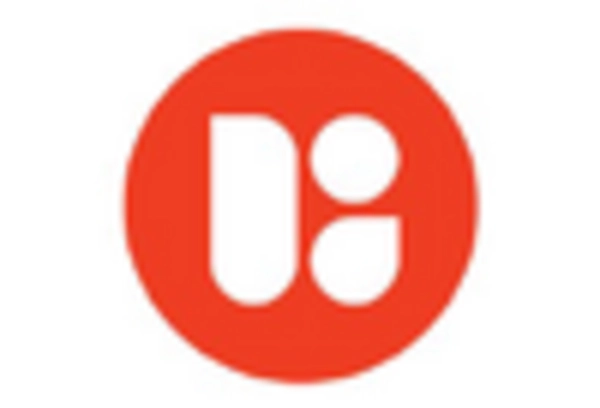
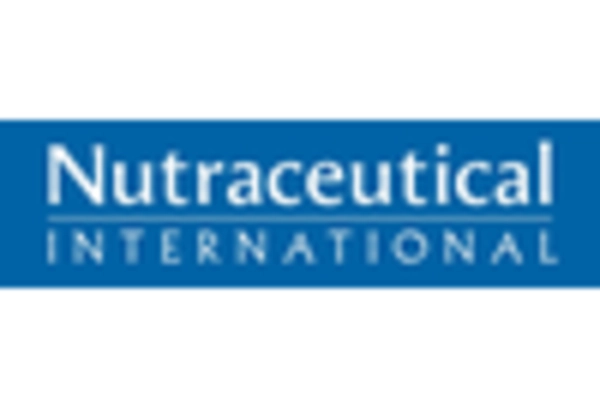









Leave a Comment